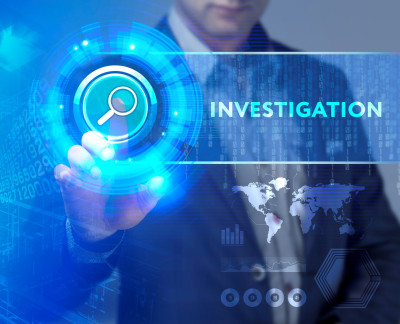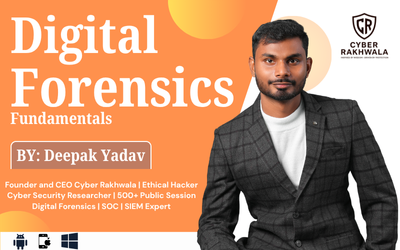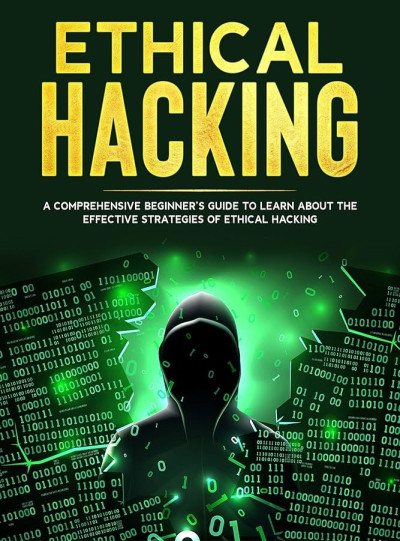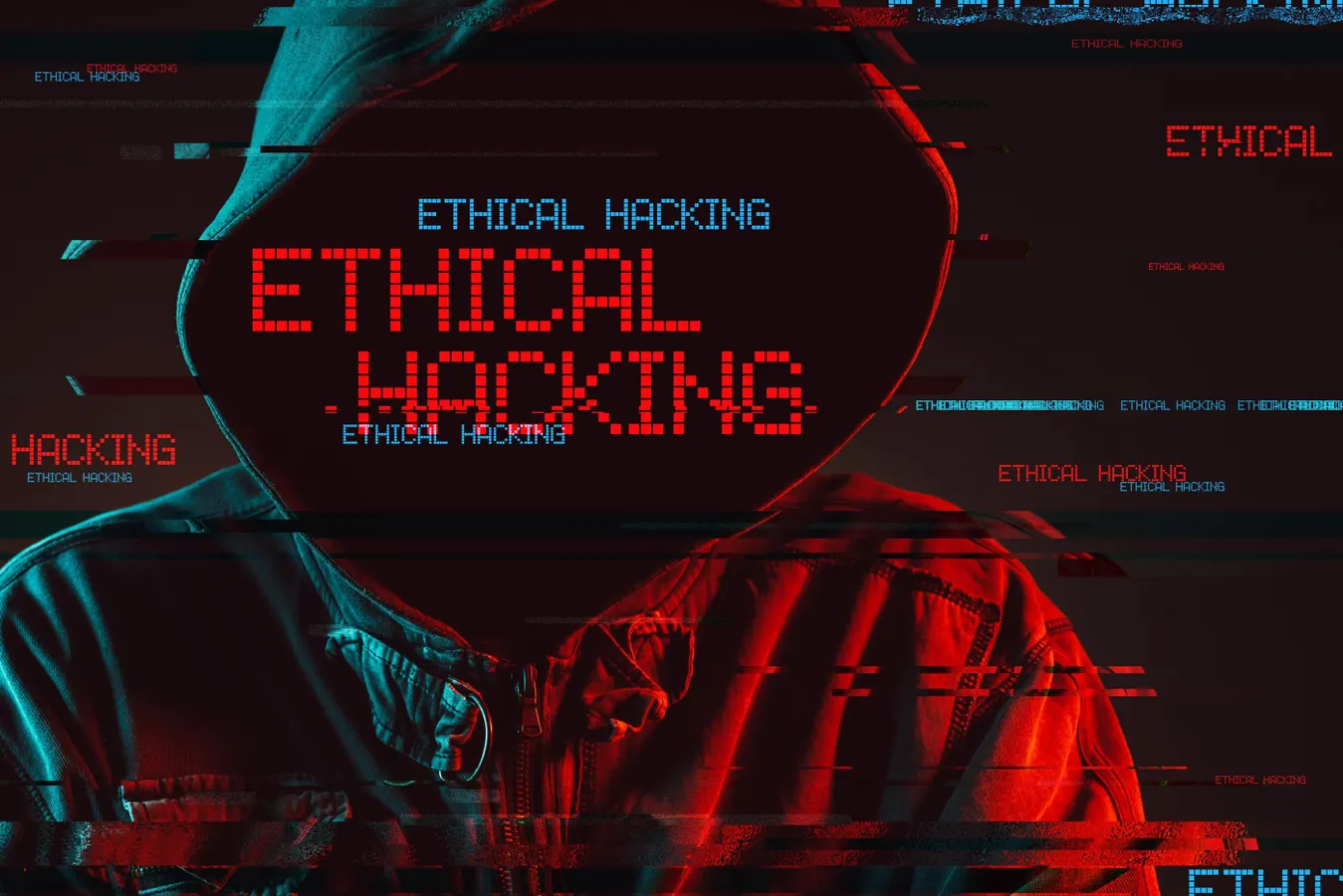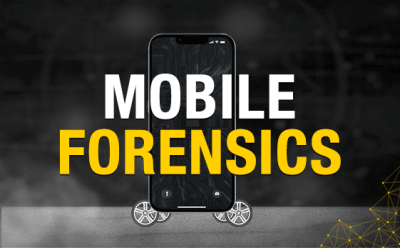Cybercrime investigation (lea's)
Cyber Crime Investigation (IEA) refers to the process of identifying, tracking, and analyzing cybercrimes using digital tools and techniques. Investigators in this field focus on crimes like hacking, fraud, identity theft, cyberbullying, and ransomware attacks. The process involves collecting and preserving digital evidence, analyzing online data, and collaborating with law enforcement agencies to prosecute criminals. Effective cybercrime investigations often require a deep understanding of both technology and the legal aspects of digital evidence. The goal is to trace the perpetrators, prevent future attacks, and uphold cybersecurity laws.
English
Last updated
Sun, 13-Jul-2025

